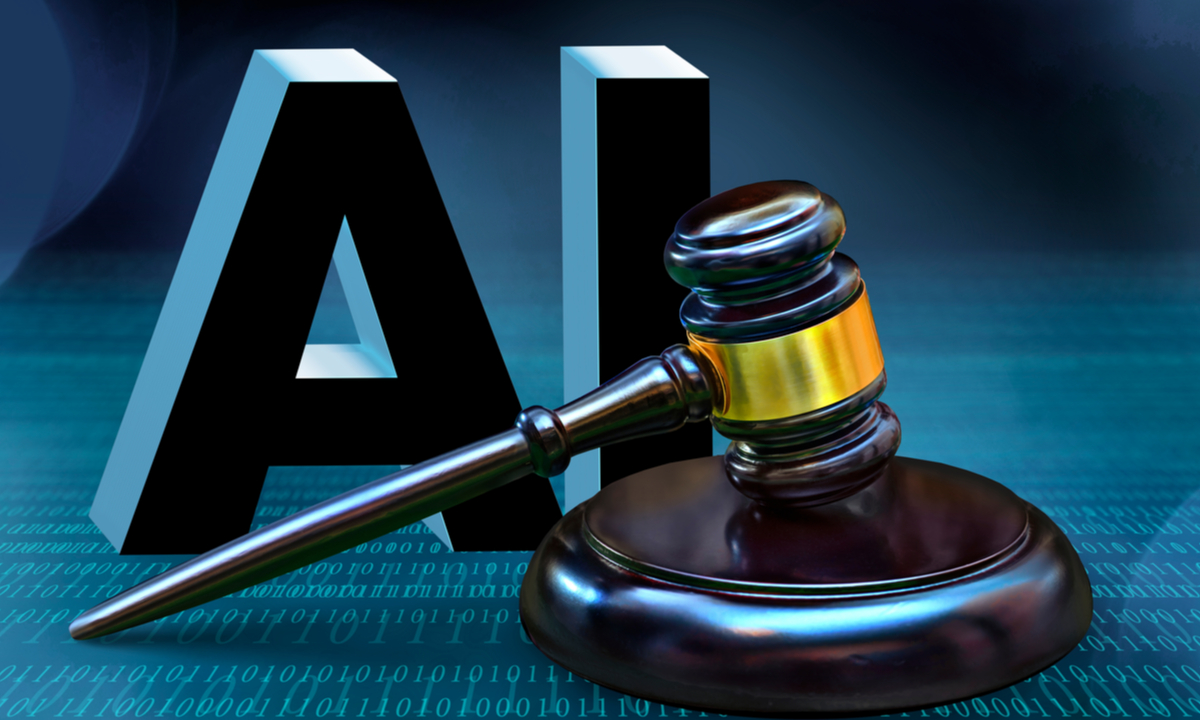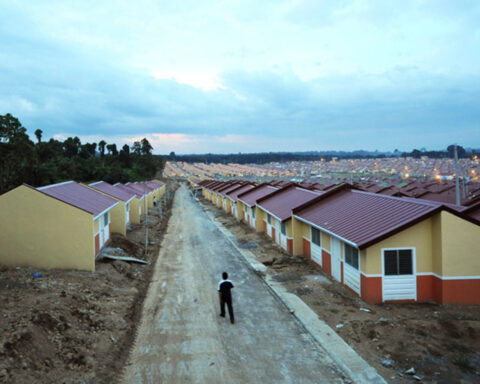As the AI boom continues, countries are starting to focus on regulations in 2024. The European Union (EU) has taken the lead by reaching a deal on a proposal to regulate AI.
The EU’s AI Act classifies AI into risk categories and includes requirements for high-risk uses, such as medical technology, to obtain approvals before being brought to market. The act also bans certain AI uses, such as manipulative algorithms and national infrastructure applications. While the EU’s AI Act is in draft form, it is expected to be adopted in the coming months.
In the United States, the Biden administration has issued an executive order to put guardrails on AI. The order includes requirements for transparency in AI models, national security considerations, and labeling of AI-generated content. However, the US currently does not have a comprehensive law specifically addressing AI, and regulations are still being developed.
The United Kingdom is taking a more hands-off approach with voluntary compliance tests but plans to regulate if necessary. Japan is participating in a G7-wide effort to establish an AI framework. China has implemented a set of 50 rules that focus on areas such as news distribution, deepfakes, chatbots, and data sets.
In the Philippines, there is no specific legislation dedicated to artificial intelligence (AI). However, existing laws, including those related to civil matters, data privacy, and intellectual property, may encompass general principles applicable to AI.
Proposed legislation includes House Bill No. 10457, aiming to establish the National Centre for Artificial Intelligence Research (NCAIR) as the primary policymaking and research body for AI development.
Discussions and calls for regulations on AI in the workplace have emerged, with the Department of Labor and Employment (DOLE) recognizing the need to address potential impacts on employees in sectors like business process outsourcing and manufacturing.
While DOLE supports technological advancements for increased productivity, it emphasizes the importance of ensuring that such changes do not harm employees or disrupt business operations.
The regulatory landscape for AI is evolving globally, with different countries taking varying approaches to address the risks and opportunities associated with AI. As 2024 progresses, further developments in AI regulations are expected.
Source: PhilNews24 | January 25, 2024










